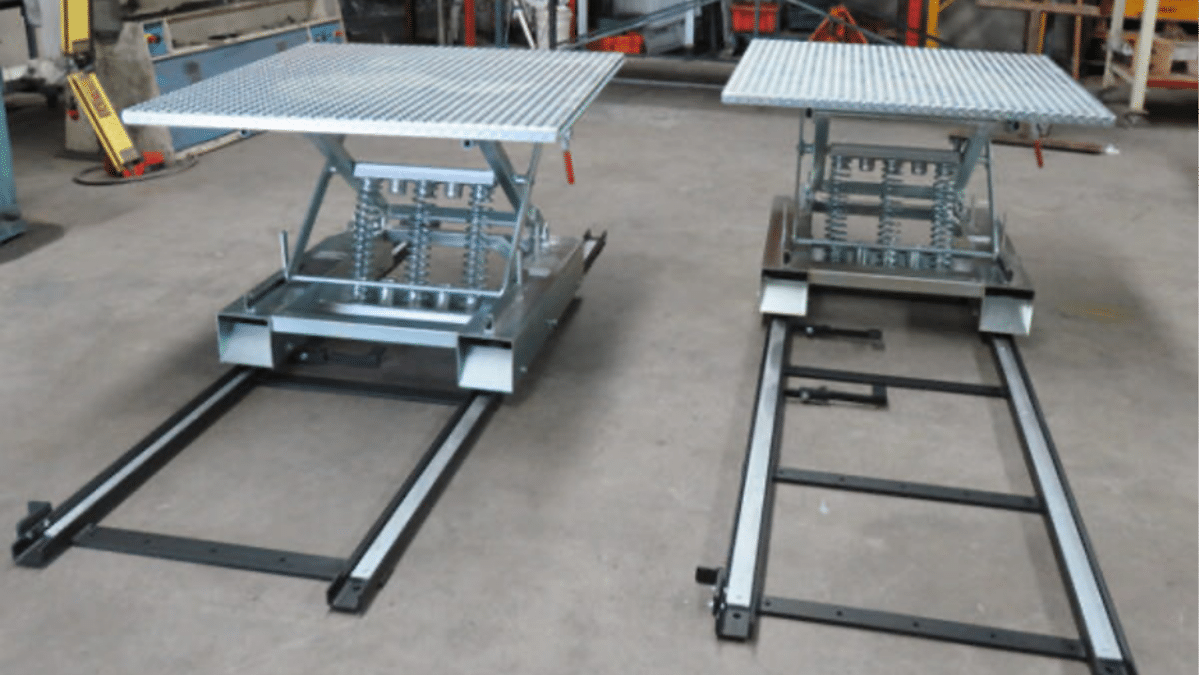Selling secondhand clothing is an excellent side hustle that has the potential to grow into a thriving business. With more people looking for bargains while still getting quality, the used clothes industry has a strong foothold in the market. Still, if you’re looking to set up a used clothes bales business, you need to consider a few things before opening your doors for trading.
Every startup should have a business plan in place, so you know what you’re in for and what steps to take to make a secondhand clothing company a success. Equipment such as pallet lifts, pallet wrappers are worthwhile investments if you’re handling large volumes of bales. What else do you need to consider for your used clothes bales business so you can grow your startup into a profitable entity?
Contents
5 Things You Need to Set Up a Successful Used Clothes Bales Business
1. Business Plan
Your business plan is one of the most important tools for a startup owner. It outlines the direction your business will take and how you intend to make money. A business plan includes aspects such as marketing, pricing and operations and projects three to five years into the future.
A well-written business plan steers you on the right path while giving you milestones to reach. It helps you to make the right decisions for your startup and secure funding from investors or attract a business partner.
2. Space
You’ll need space to sort and store bulk secondhand clothing as well as equipment to pack them into bales before selling to the resellers’ market. If you’re dealing in huge volumes, you’ll need to rent or buy warehousing space. Otherwise, you could start in your garage but expect to expand your business if you intend to grow your revenue.
You can start small with 12 bales per pallet and expand your business as your name becomes recognised in the resellers’ market. Do keep in mind that you could be packing up to 600kgs of clothing on a single pallet with each bale holding 50kgs of clothes. Successful used clothes bales companies don’t hesitate to export a 20-foot container holding up to 12,000kgs of clothing.
3. Equipment
Handling bulk clothing becomes cumbersome if you don’t have the right equipment to assist you. Once you’ve sorted the clothing, you need to start packing them into bales which are then loaded onto pallets. The following equipment will streamline the packing process for you:
- Bag sealers
- Clothes baler machine
- Pallet wrappers
- Pallet lifts
- Hydraulic lift tables
- Forklifts that make it easier to move packed pallets from the warehouse for loading into a shipping container or delivery truck
With the right gear, you can reduce the risk of workplace injuries while handling heavy and bulky goods. Packing equipment also speeds up the process, saving you time and money.
4. Employees
If you plan to start small, you may only need one or two workers to help you with sorting, packing and storing the secondhand clothes before loading them for shipment. However, factoring in more employees in your business plan is essential if you want to grow your company into a financially sustainable venture.
Trying to do everything yourself takes your attention away from the key focus of your business. Consider hiring the services of a bookkeeper to handle your accounts and an administrator to coordinate daily tasks such as taking orders and managing customer inquiries.
Tip: outsourcing to packers, accountants and virtual PAs can save you from having people on your payroll.
5. Resellers
You need to promote your used clothes bales business to the resellers’ market which means deciding whether you’re going to focus locally or abroad. Your business plan should include a marketing strategy that details what platform you’ll need to sell your secondhand clothing bales.
Having a website is a must-have with most resellers using online searches to find used clothes bales for sale. Some startups have great success selling their bales through Facebook Marketplace while others sell directly to the public from their warehouses or thrift stores. Setting up an ecommerce store on your website is another option.
Final Tips
Setting up a used clothes bales business takes some forethought, careful planning and costing if you want to have a reputable name in a relatively competitive industry. Marketing your startup properly can help you recover costly expenses after buying equipment such as a hydraulic lift table, hydraulic lift trolleys or forklifts.
Simple strategies such as performing quality checks on secondhand clothing before packing and sending it to your customers guarantee return business from a loyal clientele. A willingness to be flexible and sell smaller volumes helps upcoming resellers to get a foot in the market which means more buy-in for your business.
Recycling used clothes is the way to go and you can turn it into a viable business that can expand into a massive organisation if you start right!

